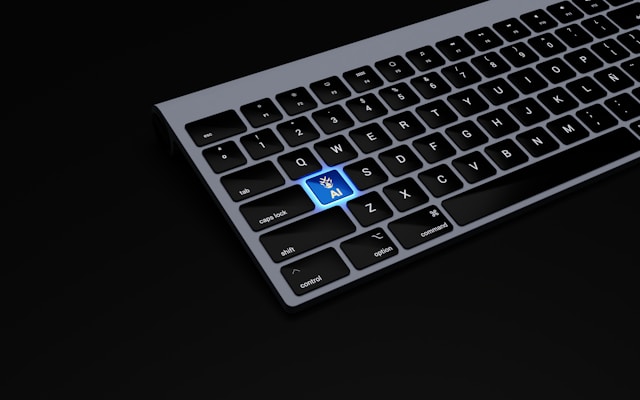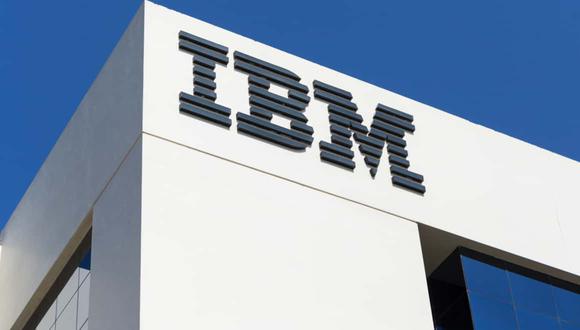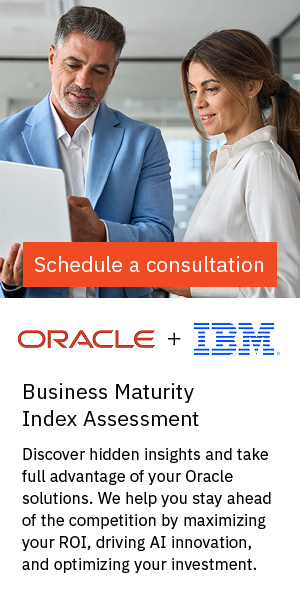According to IBM research, 64% of surveyed CEOs say succeeding with generative AI (GenAI) depends more on people’s adoption than the technology itself. However, more than half of surveyed organizations (62%) say a lack of expertise is a barrier to executing their AI and automation strategy to a moderate or significant extent today.
The research also found executives currently rank AI literacy eighth on the list of most critical workforce capabilities, and that:
- Only 65% of executives surveyed say their organizations empower people to work in collaboration with GenAI and automation to a moderate or significant extent.
- 78% of respondents expect their organizations will empower people to work in collaboration with GenAI and automation to a moderate or significant extent.
- Only one in five (20%) executive respondents say HR owns the future of work strategy in their organization today.
- 74% of executives surveyed report HR either supports the future of work strategy or is one of many key players.
- Surveyed executives expect a significant increase in automation and AI adoption for transactional HR, with a 63% increase from today to 2026.
- Nearly 60% of surveyed executives across all use cases are confident they can scale these AI activities across their enterprise over the next two years.
Jill Goldstein, Global Managing Partner, HR & Talent Transformation, IBM Consulting and Chris Havrilla, Vice President, Product Strategy, Oracle, put the spotlight on HR leaders in thought leadership based on the research. These execs, they believe, are well-positioned to take a leadership role in their organization’s future of work strategy, and highlight that AI literacy is expected to rise to the top of the list of critical workforce capabilities by 2026. Their advice ranges across the following:
Build a future-ready culture that encourages experimentation. HR leaders must encourage collaboration with new tools and technologies, or a “learn by doing” approach, which empowers employees to take acceptable risks and develop foundational AI skills and even new use cases for AI. IBM research shows that the organizations which build a skills-focused foundation for GenAI today are poised to pivot as new opportunities arise.
Give your workforce a voice in the future of work strategy. Empowering employees to take an active role in shaping how work is done given new technologies and approaches via feedback can increase their sense of ownership, motivation, value, and commitment to the organization’s success.
Drive technology transformation and champion AI use case adoption. HR leaders can take an active role in assessing the impact of technology on the workforce, quantifying its effects, and preparing for the changes that will occur. This involves breaking down the transformation process into smaller, more manageable steps aligned with the needs of the workforce to support organizational goals. HR leaders can also drive growth by championing the top-growing HR AI use cases where executives are investing.
“AI adoption is on the rise for the world of work and its workforce,” report Jill Goldstein and Chris Havrilla on behalf of IBM and Oracle respectively. “It’s up to HR leaders to define and champion these use cases, build a future-ready workforce that is equipped to work with new technologies, and develop their future of work strategy to position their organizations for success.”






